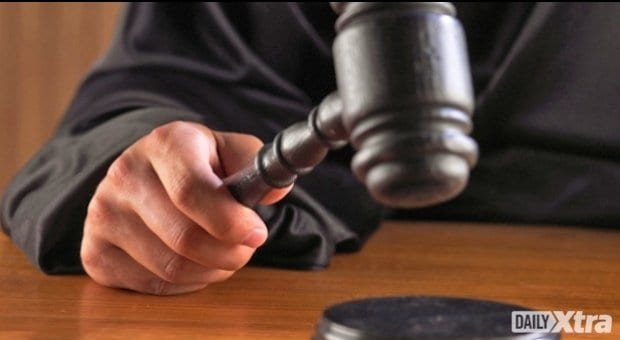The Law Society of British Columbia is appealing a BC Supreme Court ruling which told the society to reconsider its decision not to accredit a law school at Christian Trinity Western University (TWU).
The society said Jan 5, 2016, that Chief Justice Christopher Hinkson erred in deciding the procedure followed by society directors was inappropriate, and erred in finding TWU was not afforded procedural fairness.
The law society’s directors initially voted to accept TWU’s future graduates in April 2014. Six months later, they rescinded that decision after an outcry from their members prompted a referendum.
Concerned about TWU’s covenant — which threatens to penalize or expel students for having sex outside heterosexual marriage — members voted three-to-one to reject the school in the referendum. Hinkson said society directors should not have been blinded by their members’ referendum, ruling that they allowed it “to supplant their judgment.”
He said the directors should have stuck to their more careful weighing of the Charter rights in question — a Christian university’s freedom of religion versus equality rights for gays and lesbians.
“I find that the decision was made without proper consideration and balancing of the Charter rights at issue, and therefore cannot stand,” Hinkson ruled.
Society president David Crossin disagreed, saying in a news release that the society should be guided by its members’ voices. “The circumstances surrounding the proposal for a law school at TWU raise issues regarding two competing Charter rights and values: the equality rights of the LGBTQ community and the position taken by TWU concerning religious freedom,” he says.
Crossin says it’s a constitutional question that should be resolved in an appeal court.
The society maintains it properly made the right decision in October 2014 in denying TWU accreditation and will seek to restore that decision. It’s widely expected that the case will wind up before the Supreme Court of Canada along with TWU challenges in other provinces.
TWU spokesperson Amy Robertson says the university had hoped the society would let the court decision stand but was prepared for an appeal.
“We’re pleased that the decision will now rest with the courts,” she says. “We continue to affirm that the society’s original decision to approve TWU law graduates, which involved a careful process of hearing arguments from both parties, was correct.”
Robertson says the decision to approve a law school graduate must be based not on the personal views of society members, but on the law and evidence. “For this reason, we believe the decision to approve TWU graduates will stand in the end,” she says.
Queer Vancouver lawyer barbara findlay tells Daily Xtra she’s disappointed the society is choosing to appeal the decision. She says the court returned it to the society saying directors made procedural errors.
“The Court of Appeal cannot make the balancing determination, since that is not the question on which the court below made its decision,” findlay says.
“If the case proceeds on this basis, we are likely to have a Supreme Court of Canada decision about the procedure the law society followed, rather than a decision about balancing the rights of freedom from discrimination and religious freedom in the Charter.”

 Why you can trust Xtra
Why you can trust Xtra


